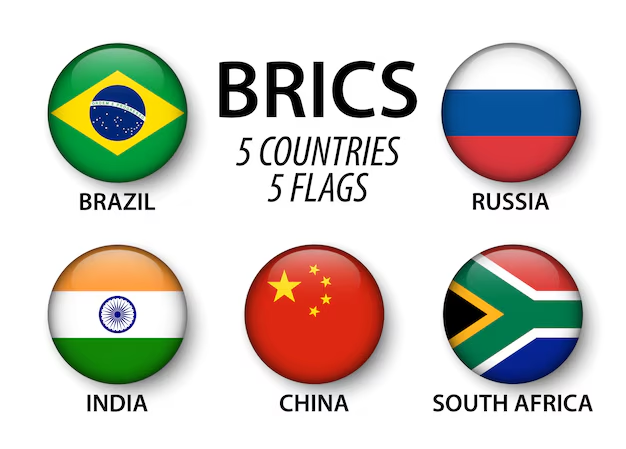BRICS Welcomes 13 New Partners
The BRICS alliance has officially expanded its reach by adding 13 new partner countries during its 2024 summit held in Kazan, Russia. Among the newly included nations are Nigeria, Turkey, Algeria, and Indonesia. This historic development marks a significant shift in global geopolitics as BRICS strengthens its influence across various regions.
New Partnership Status
The new partner countries will not have full decision-making authority within BRICS. However, they will actively participate in certain economic and strategic discussions. Turkey’s inclusion, a NATO member, highlights the growing complexity of global alliances, especially as Nigeria and other nations explore full BRICS membership.
Nigeria’s Path to Full Membership
Nigeria’s Foreign Affairs Minister, Amb. Yusuf Tuggar, confirmed the country’s growing interest in BRICS membership. While Nigeria has not formally applied for full membership, Tuggar emphasized that the nation is waiting for the right timing to submit its application. Nigeria’s partnership status is a continuation of diplomatic efforts started under former President Muhammadu Buhari.
BRICS Introduces New Currency
In another groundbreaking move, BRICS unveiled its proposed new currency at the summit. Notably, the currency features the Nigerian flag and incorporates the Hausa language, further cementing Nigeria’s partnership with the bloc. This development could potentially redefine global financial structures, offering an alternative to traditional Western-dominated systems.
Strategic Implications
The addition of countries like Nigeria, Turkey, and others expands BRICS’ influence in global trade, politics, and finance. It also presents new opportunities for collaboration in technology, energy, and infrastructure development. The bloc’s focus on creating a multi-polar world order is becoming more apparent with these new partnerships.
Future of BRICS
As the 2024 summit concludes, BRICS continues to redefine its global role. With the introduction of a new currency and the expansion of partnerships, the alliance is poised to play a critical role in shaping the future of global governance and economic cooperation.
Follow us on Socials:

